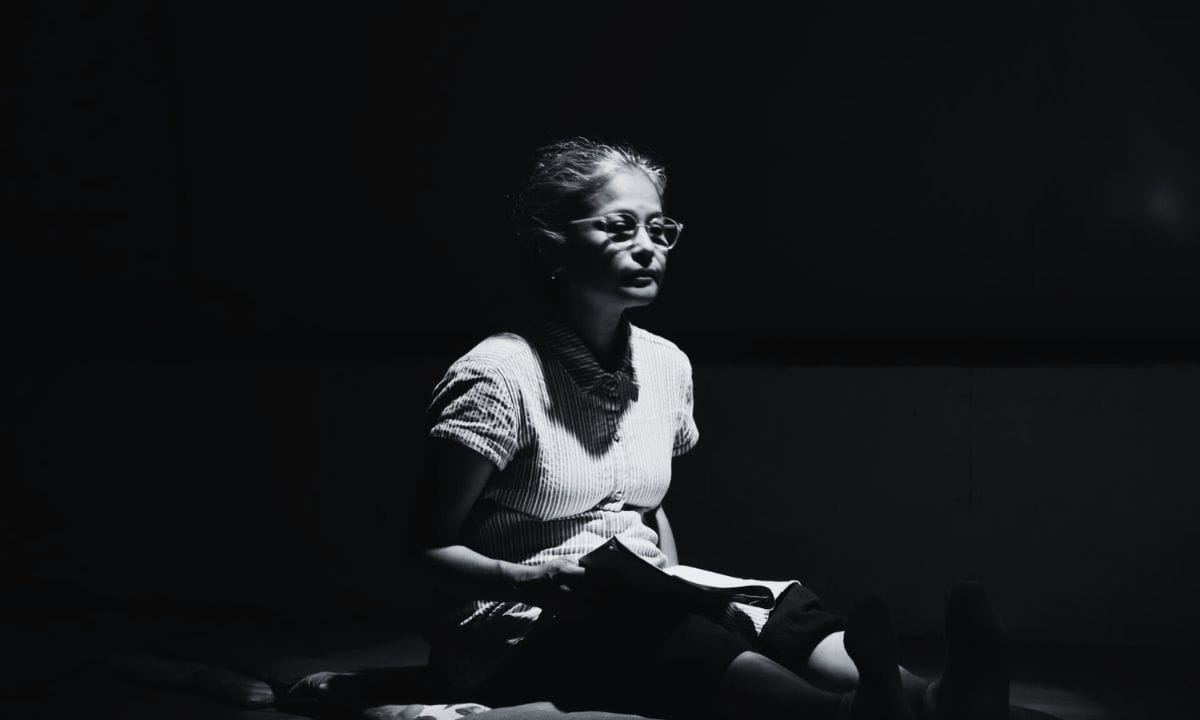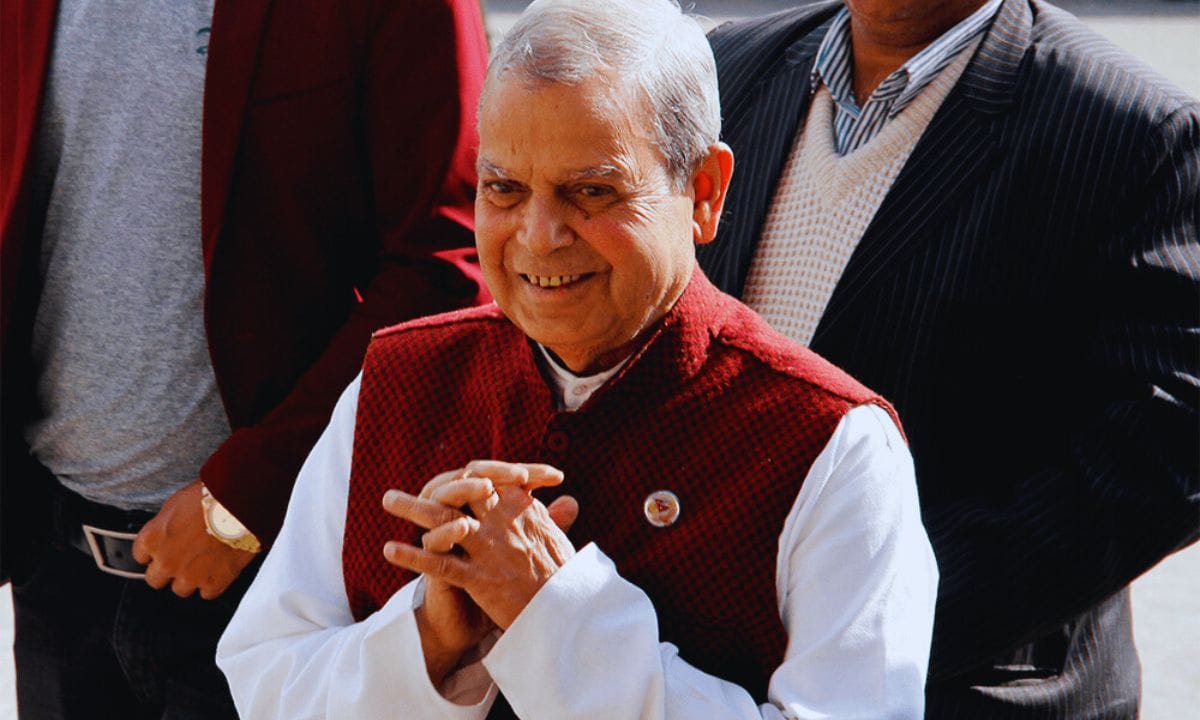Now Reading: Sabiti: Acclaimed Nepali Play
- 01
Sabiti: Acclaimed Nepali Play
Sabiti: Acclaimed Nepali Play

The powerful Nepali play “Sabiti,” based on the profound work of the late author Jagadish Ghimire, has left a significant mark on the Nepali theatre scene with its unflinching critique of societal structures unfavorable to women. Staged by Theatre Village Nepal and directed by the acclaimed Bimal Subedi, the play has been lauded for its poignant narrative and impactful performances, prompting discussions about its potential return to the stage.
“Sabiti” delves deep into the pervasive nature of patriarchy and other unequal social realities, unmasking the biases hidden behind various “isms,” entrenched social norms, and the commercialization of politics. While Jagadish Ghimire’s original story was penned decades ago, its theatrical adaptation has consistently resonated with contemporary audiences, highlighting issues of gender, class, and caste that remain pressingly relevant. The play distinctively centers the narrative on its female protagonist, illustrating her confinement within layers of societal dominance and the systemic challenges she confronts.
The most recent prominent staging of “Sabiti” took place from July 1 to July 3, 2022, at the Shilpee Theatre in Battisputali, Kathmandu. This production, designed and directed by Bimal Subedi with a dramatization co-written by Suraj Subedi, featured a compelling lead performance by renowned Indian theatre artist Anuradha Majumder. She was joined on stage by talented Nepali actors Sujan Oli and Sajan Kumar Sunuwar. Theatre enthusiasts may also recall that this was not the play’s first appearance; Theatre Village had previously staged “Sabiti” in 2013, indicating a history of successful revivals.
Director Bimal Subedi has emphasized the timeless relevance of Ghimire’s story, noting its accurate capture of societal absurdities. Lead actor Anuradha Majumder, reflecting on her role in the 2022 production, spoke about how the play vividly dissects various ideologies, forms of globalization, social discrimination, political anomalies, and their impact on essential services like education and health. The play has been described as taking a nihilistic perspective at times, bolding questioning the core roots of accepted social norms.
Future Plans for “Sabiti”
Regarding future plans for re-staging “Sabiti,” there have been no specific, recent announcements from Theatre Village Nepal or other organizing bodies for performances beyond its past acclaimed runs. Theatre Village Nepal continues to be an active contributor to the Nepali performing arts scene, with other productions and projects often in development.
Given the positive reception and the enduring relevance of its themes, audiences and theatre critics alike have expressed hope for future opportunities to witness “Sabiti.” The play’s capacity to provoke thought and dialogue on critical social issues makes it a valuable piece in the Nepali theatrical repertoire. While concrete plans remain unconfirmed for the immediate future, the legacy of “Sabiti” ensures that any announcement of its return would be met with considerable anticipation.
Theatre Village Nepal has been instrumental in bringing such thought-provoking productions to the forefront, aiming to elevate Nepali theatre and literature. As an organization, it focuses on exploring diverse theatrical forms and fostering a vibrant performing arts culture in Nepal. Fans of “Sabiti” and Nepali theatre, in general, are encouraged to follow updates from Theatre Village Nepal for news on their upcoming productions.













